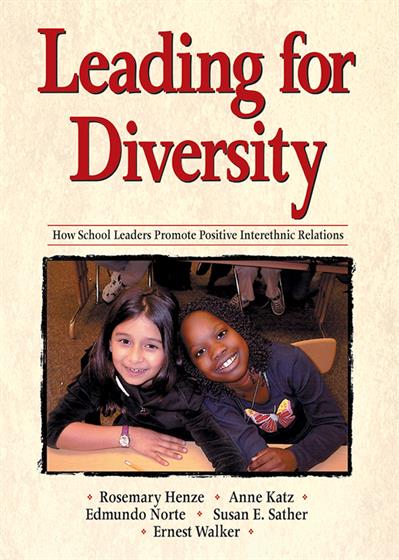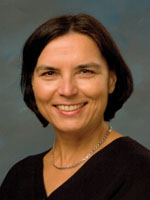
Hands-on, Practical Guidance for Educators
From math,
literacy, equity, multilingual learners, and SEL, to assessment, school counseling,
and education leadership, our books are research-based and authored by experts
on topics most relevant to what educators are facing today.
Leading for Diversity
This timely volume provides powerful models of leadership that are effective in developing schools where positive interethnic relations can flourish. Schools can be vehicles for positive change in race/ethnic relations when proactive leadership is developed and maintained. Readers will learn to
- Recognize and develop their own leadership strengths in a diverse school
- Assess how organizational structures support or constrain positive relations
- Understand the nature of ethnic conflict or tension in your school
- Identify your school's priority needs
- Develop a core vision of interethnic relations
- Create and implement a plan for promoting positive interethnic relations
- Document the effectiveness of your plan
Leadership can emerge not only from principals and other administrators, but also from teachers, parents, counselors, students, and community human relations professionals who must deal every day with a range of issues and problems including gang violence, racial conflict, and staff divisions. By addressing the underlying sources of these conflicts, leaders can move from a reactive stance to a proactive one.
- Grade Level: PreK-12
- ISBN: 9780761978985
- Published By: Corwin
- Year: 2002
- Page Count: 216
- Publication date: October 08, 2012



